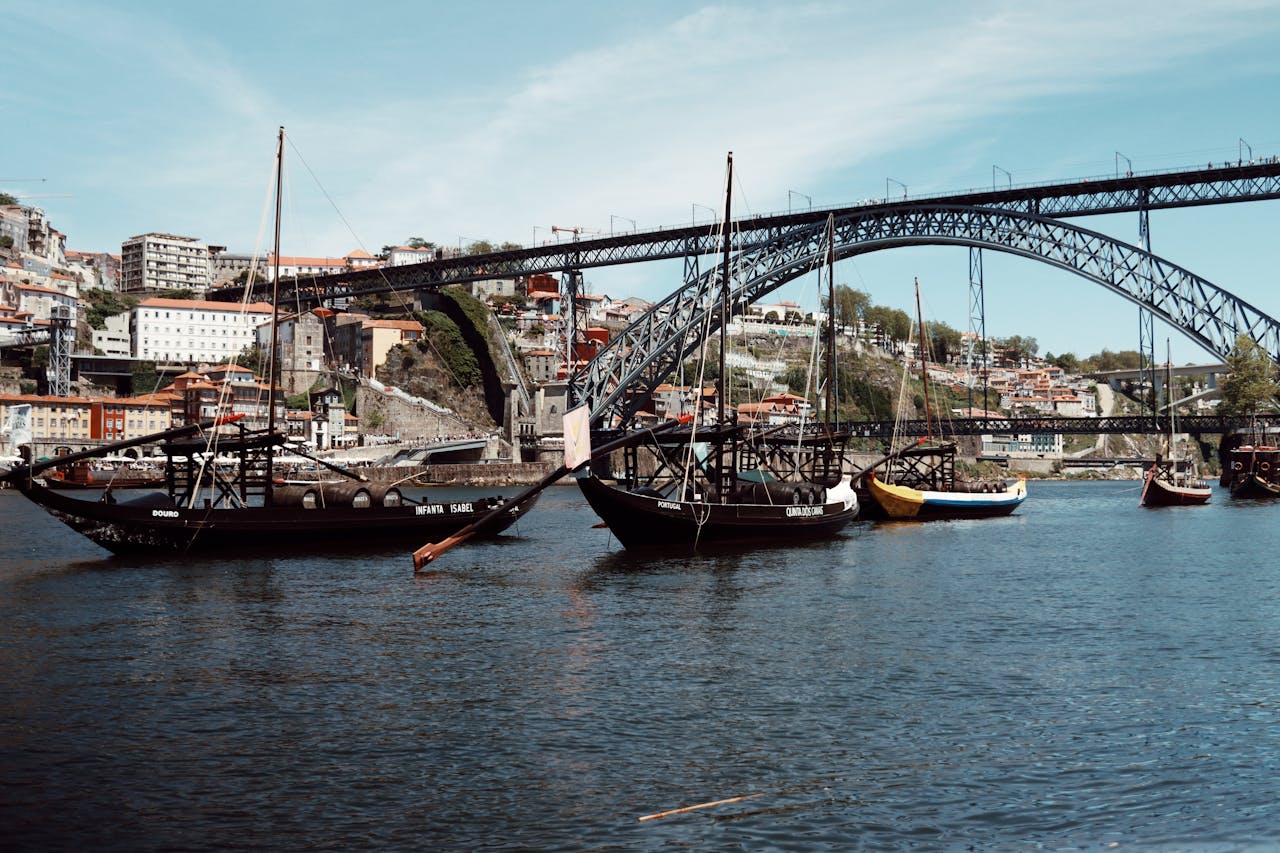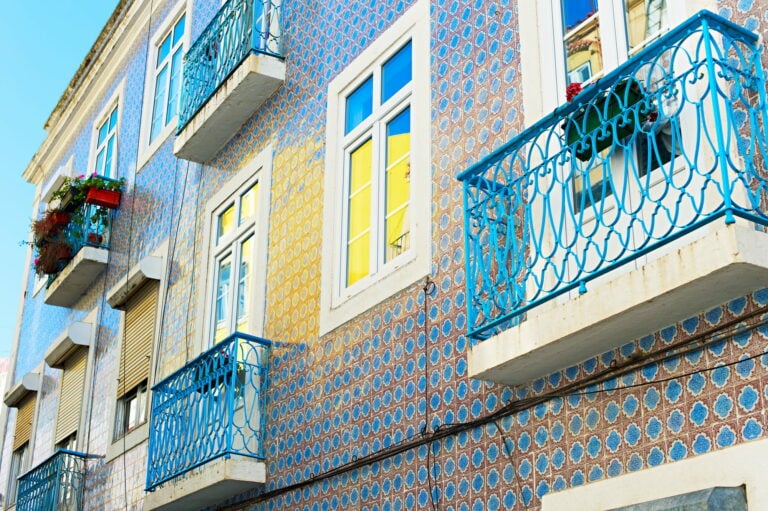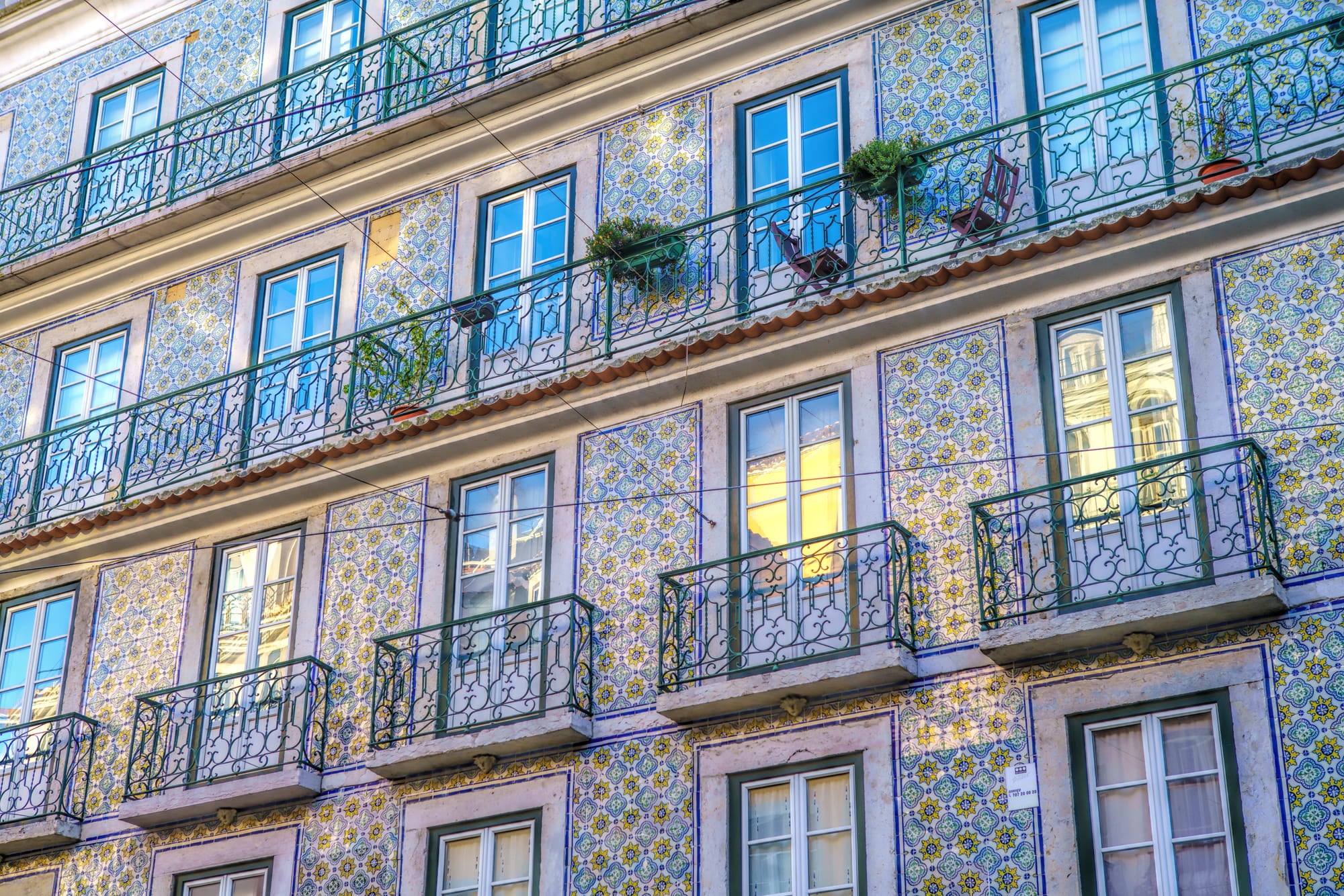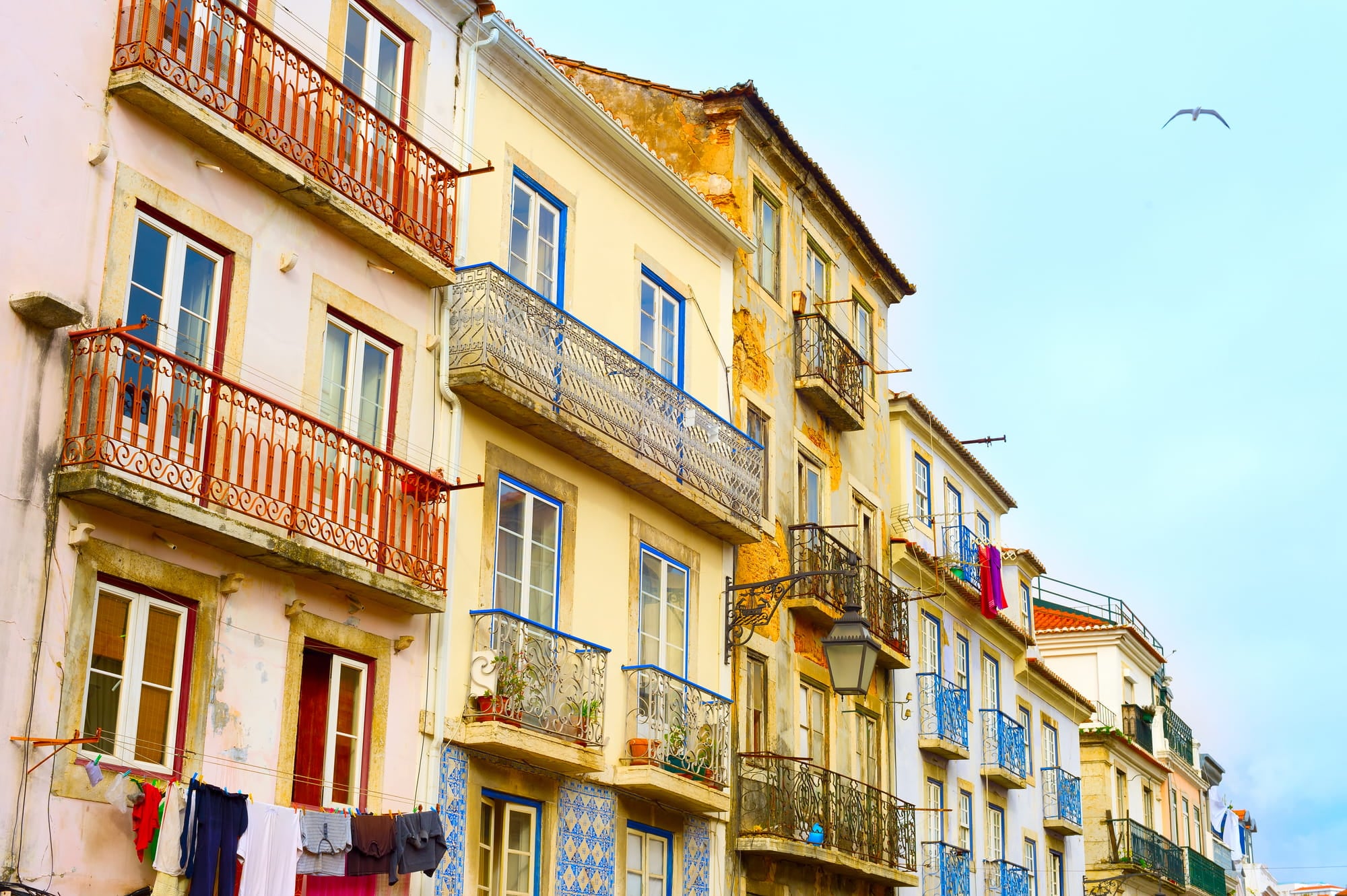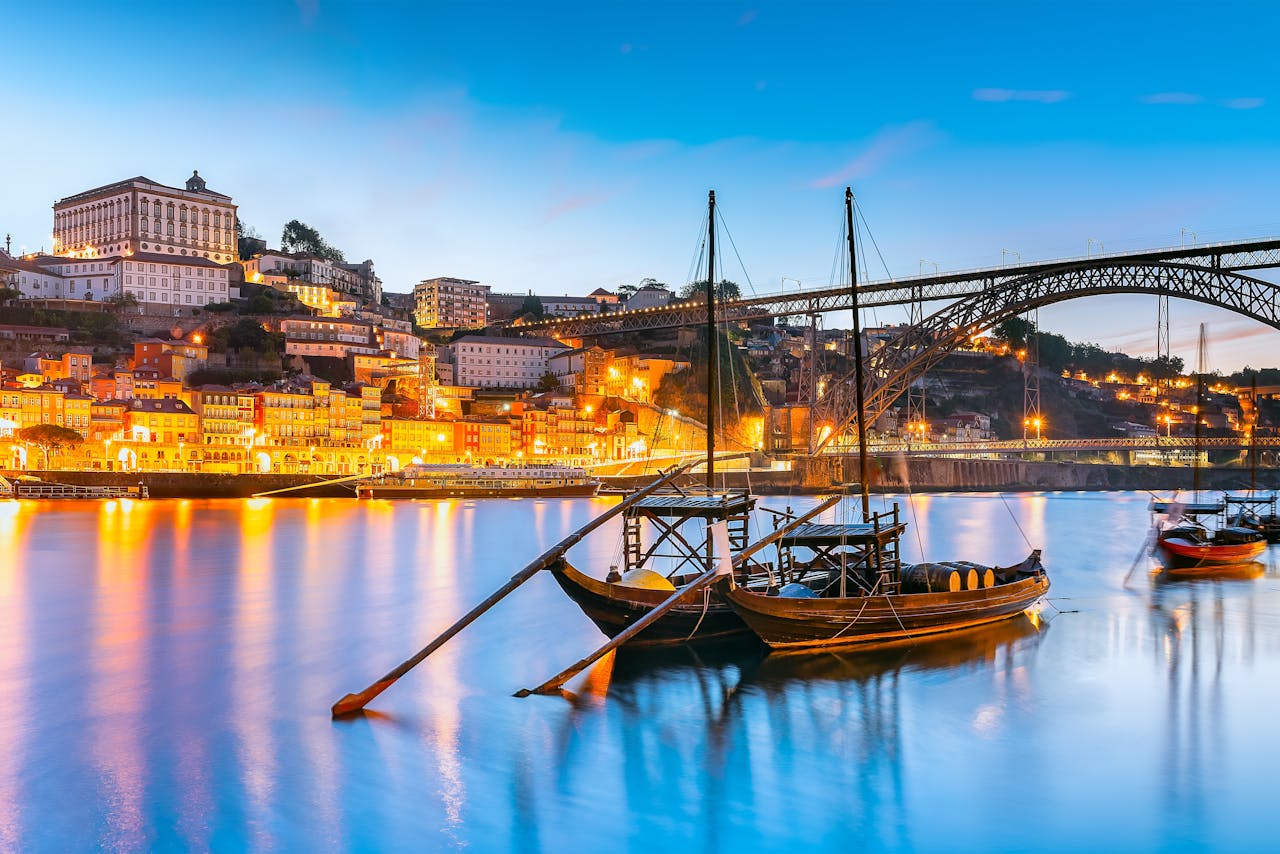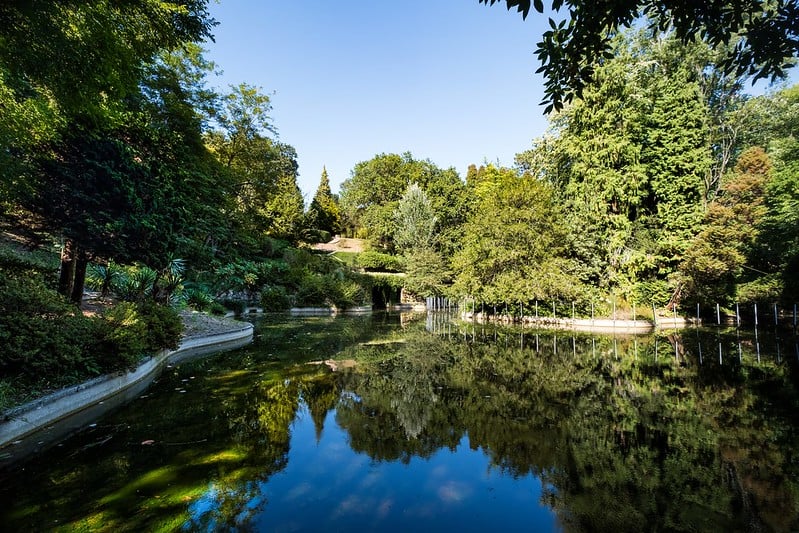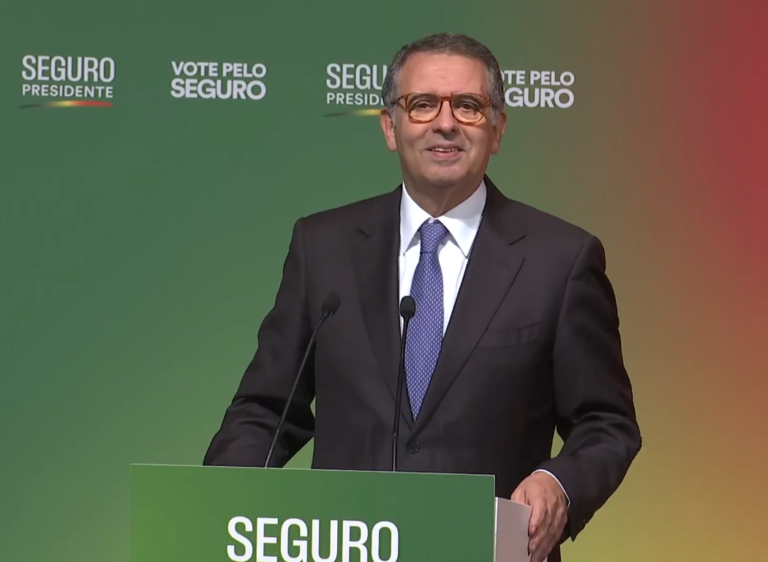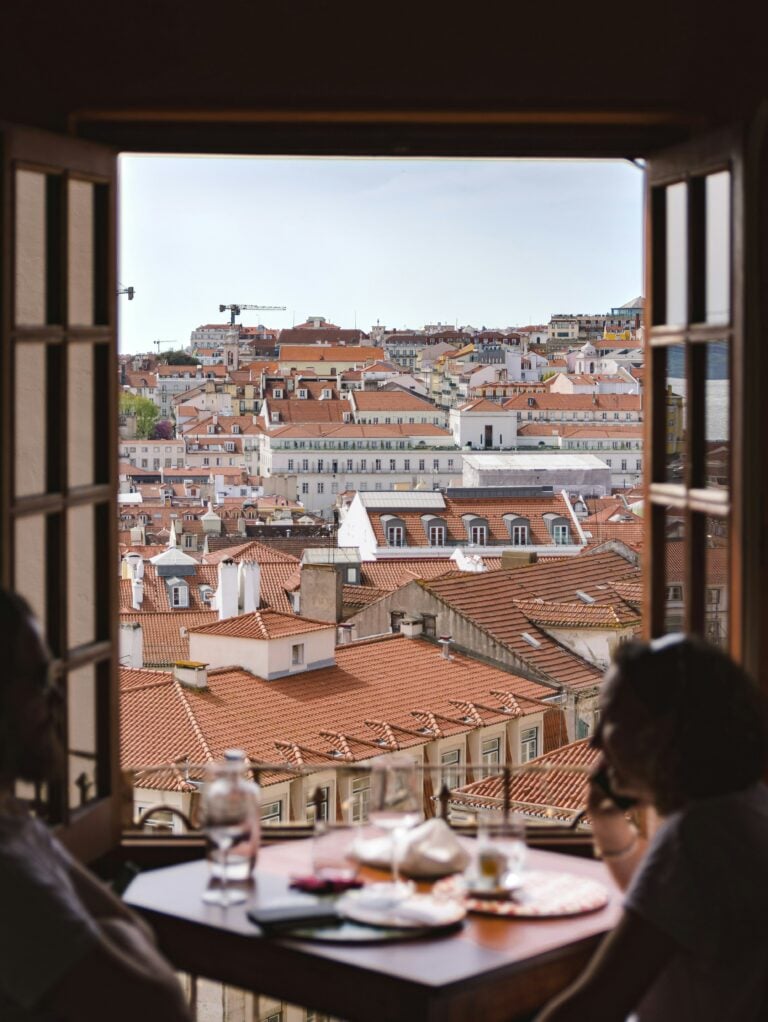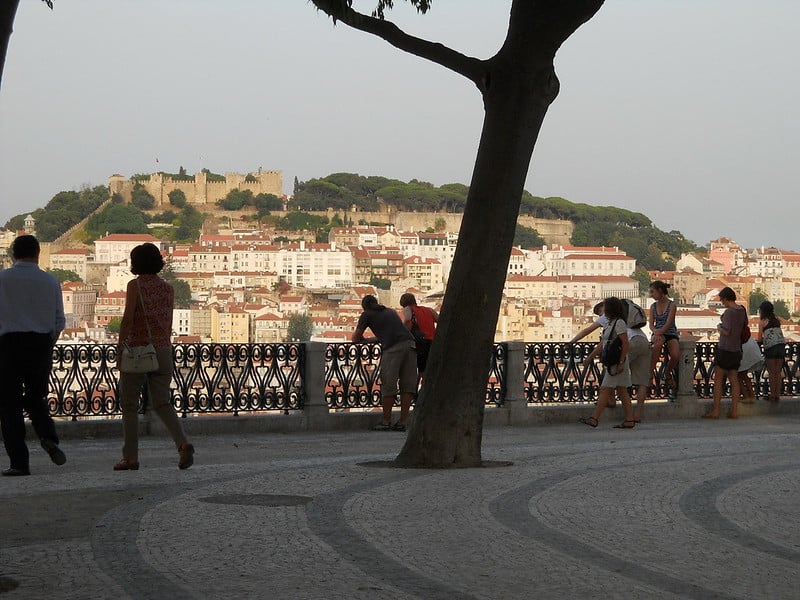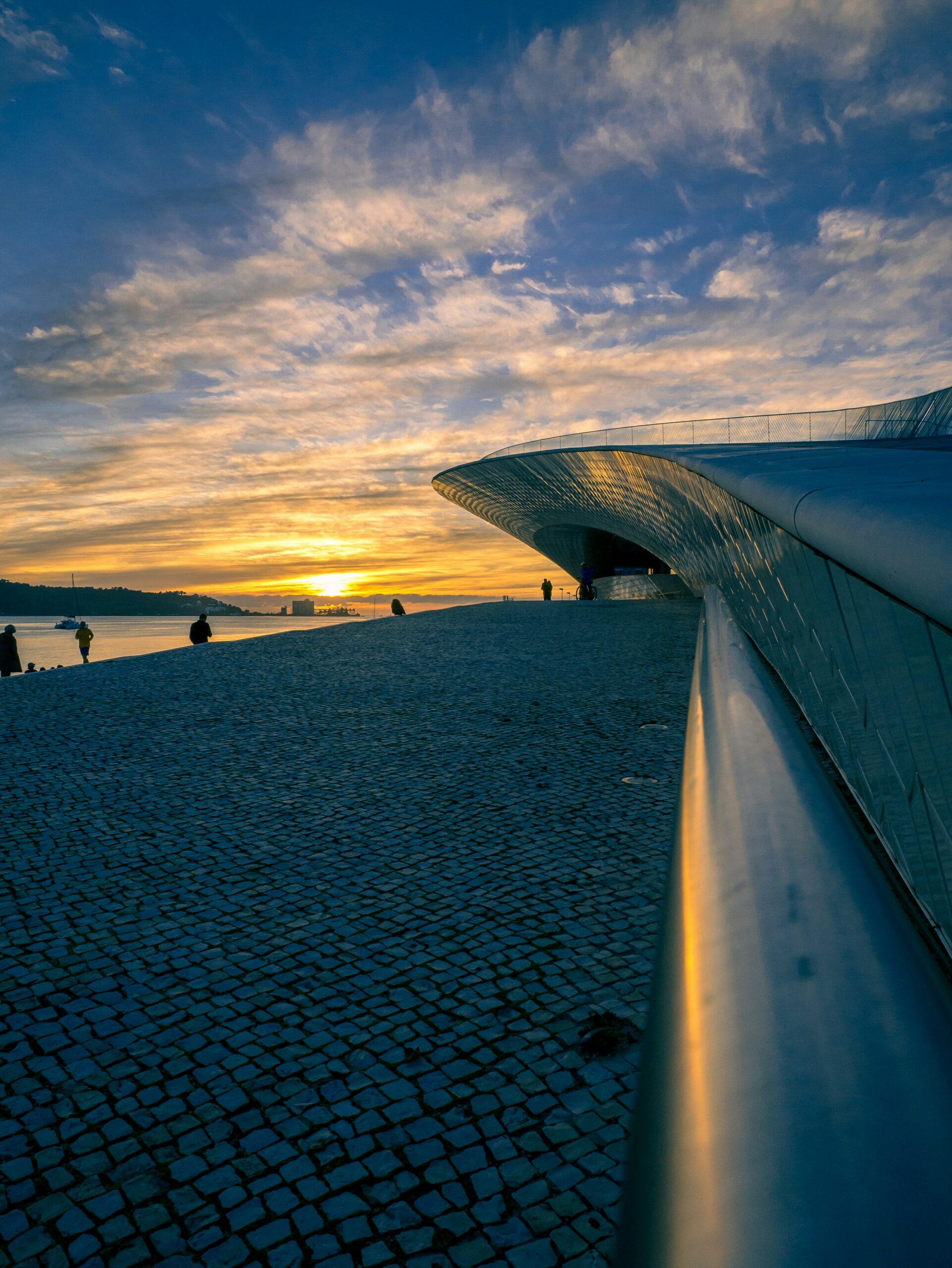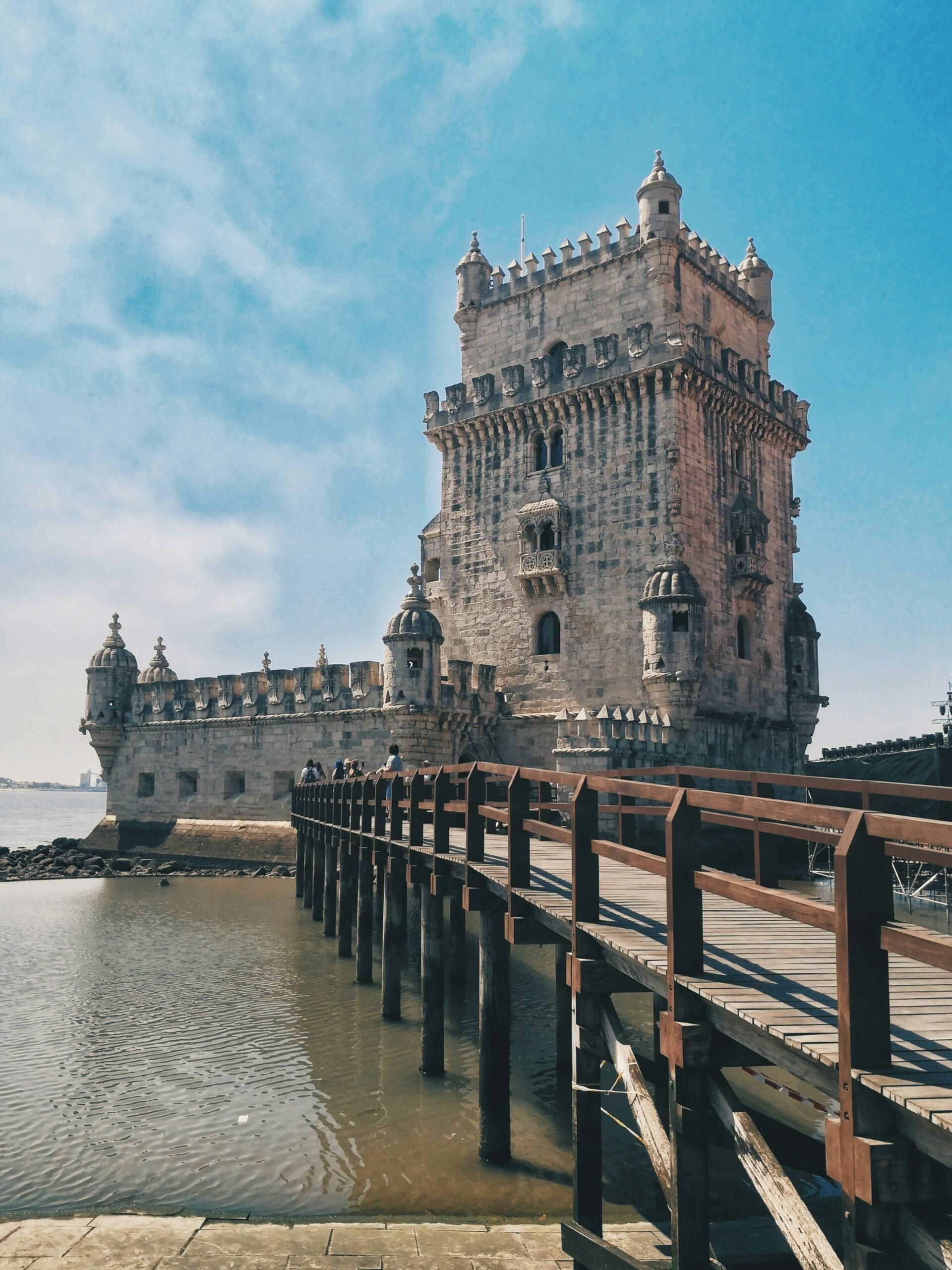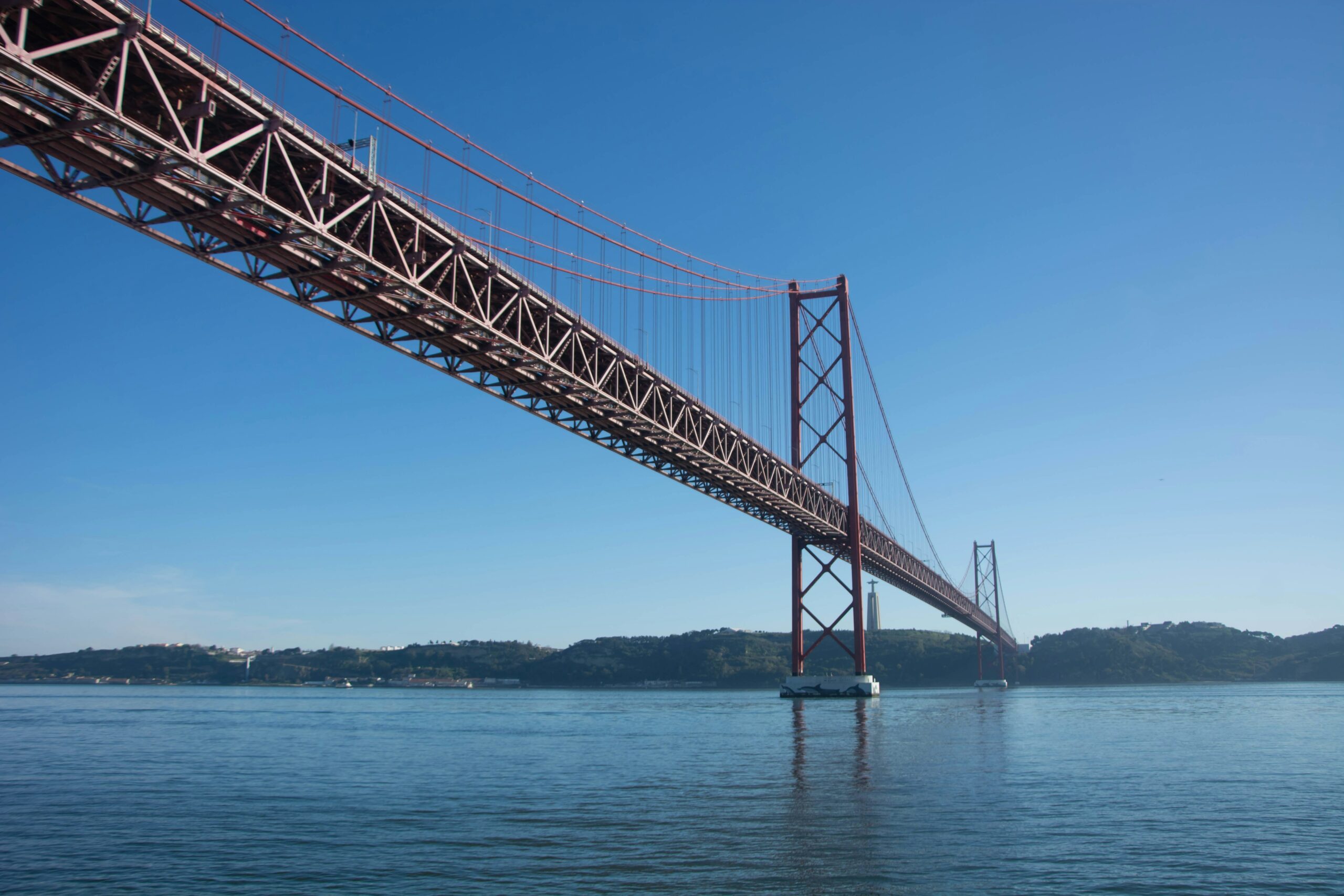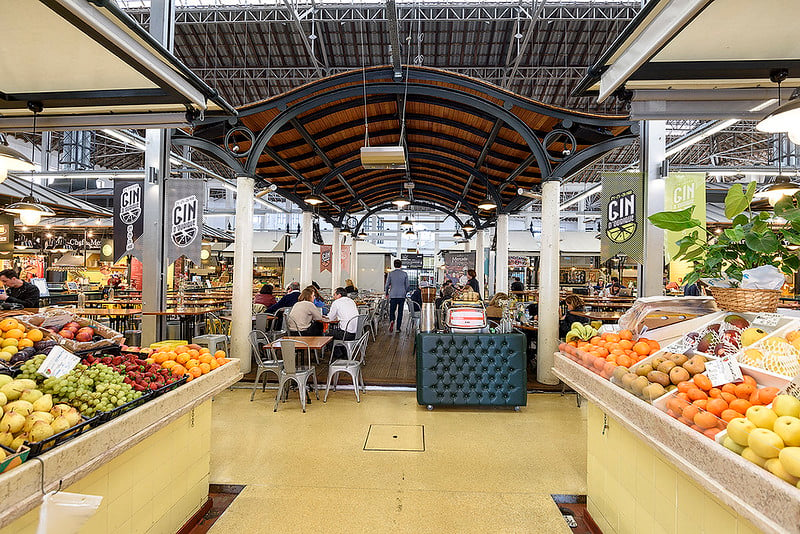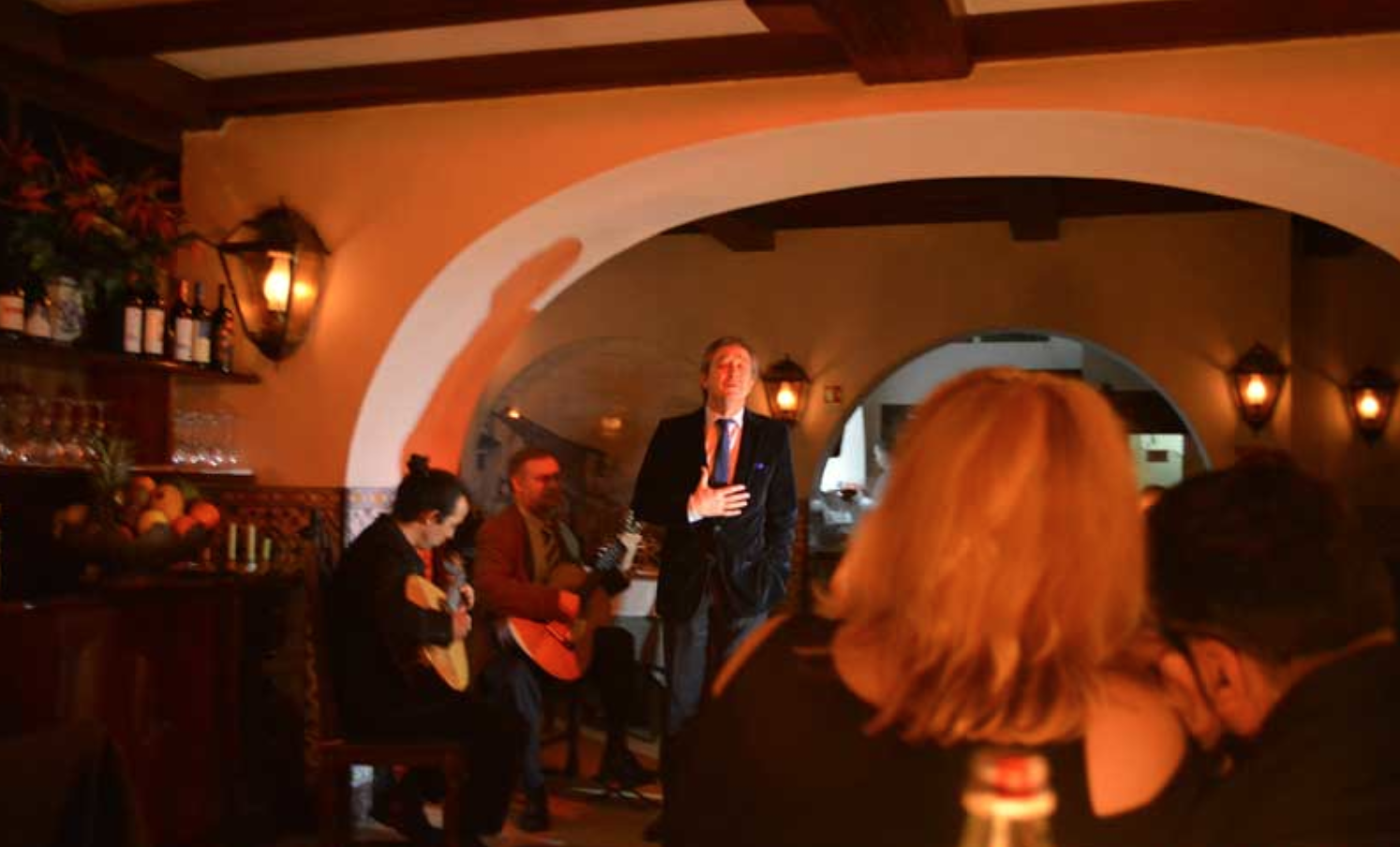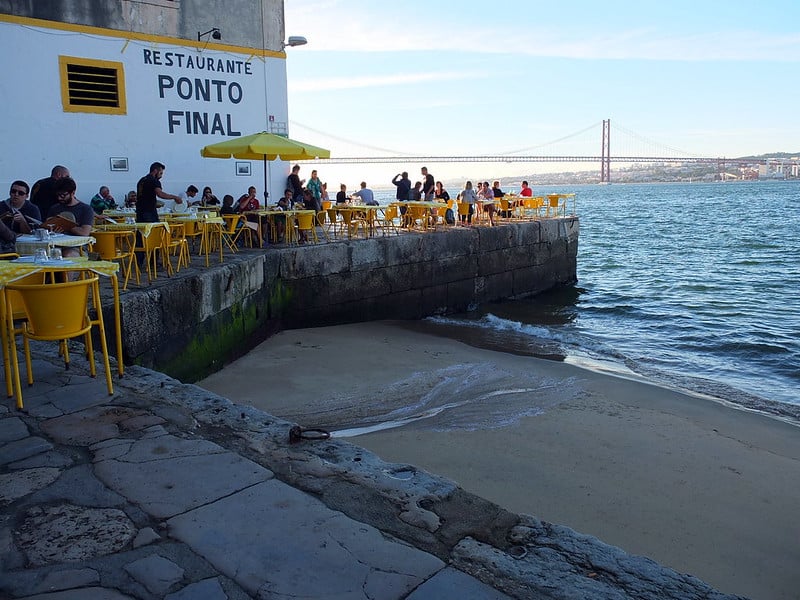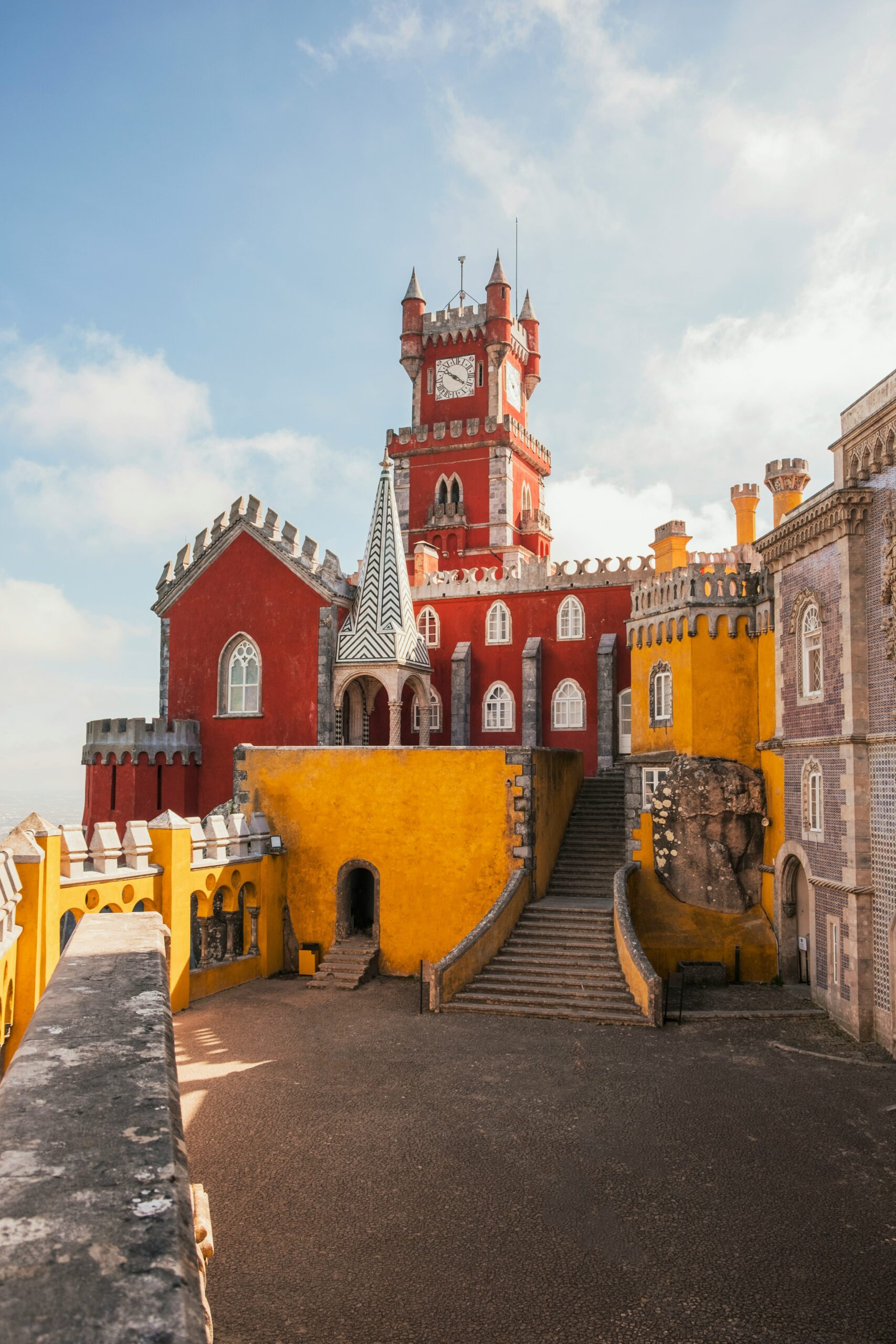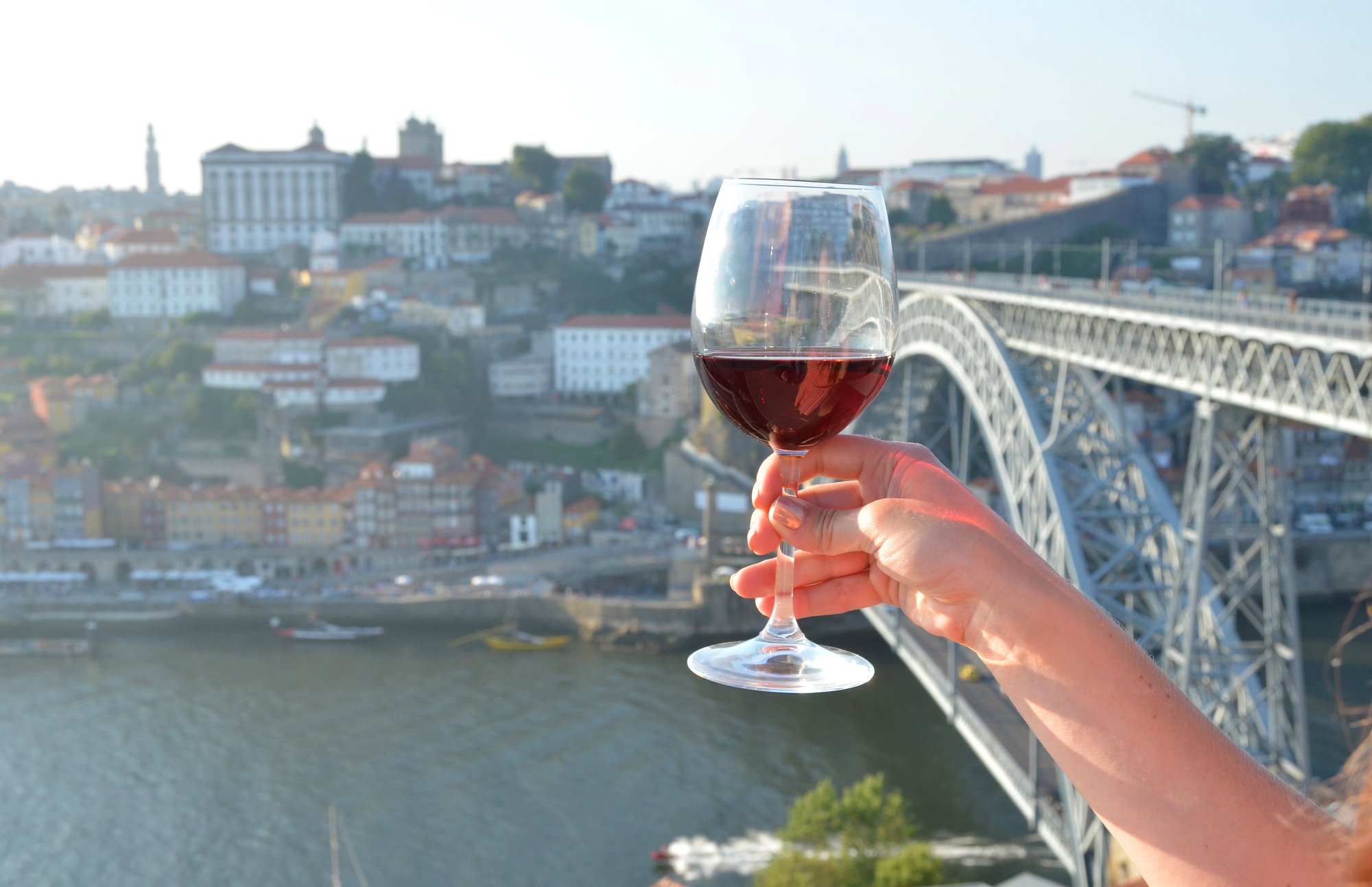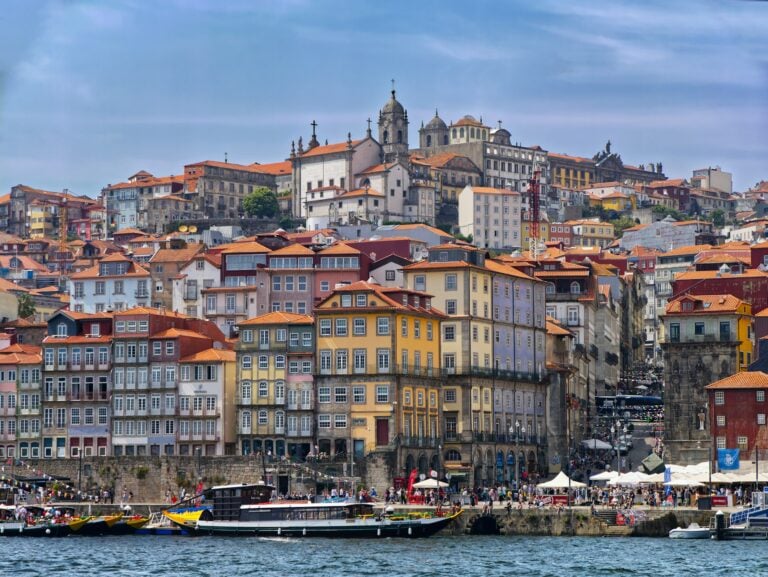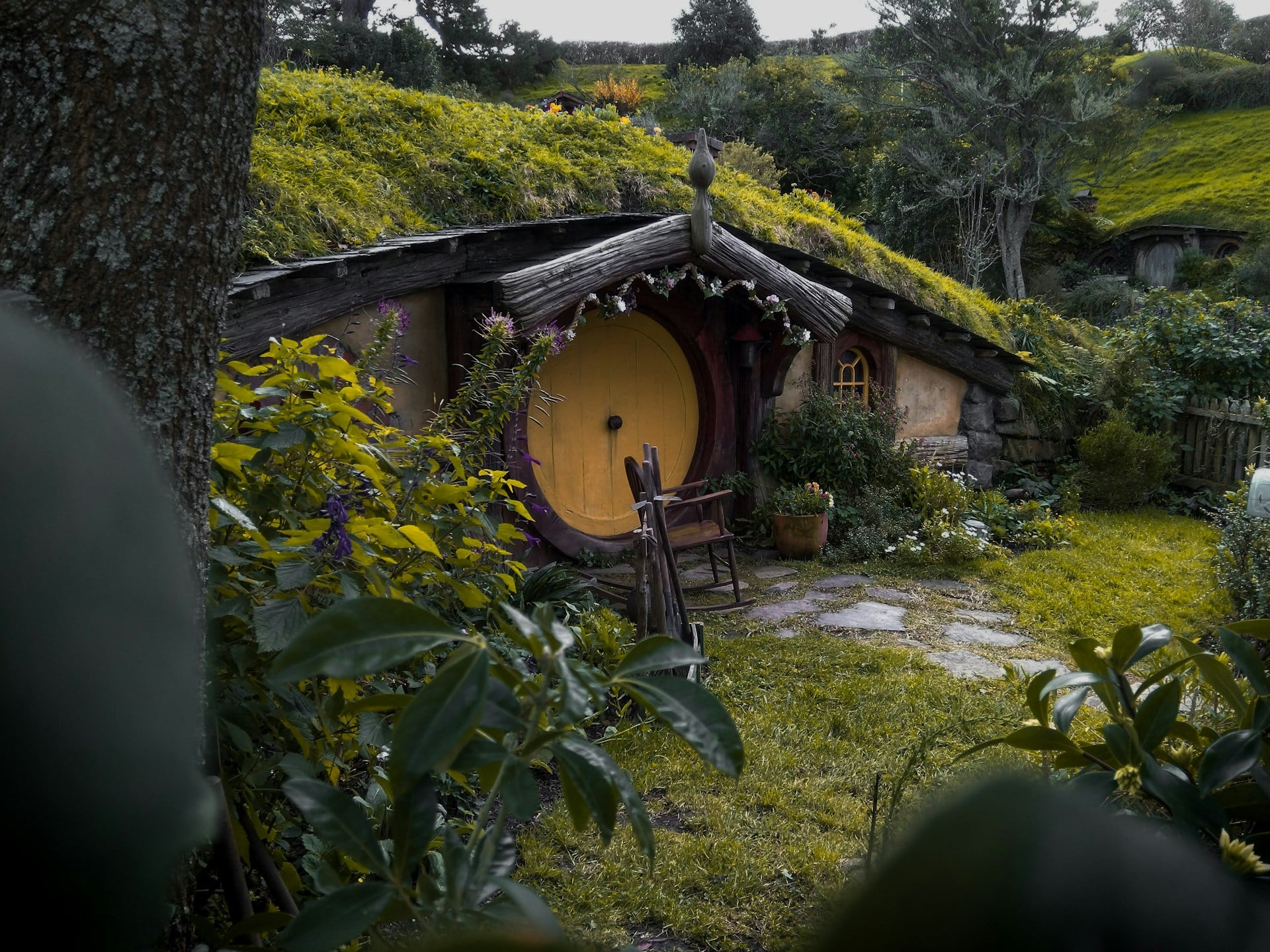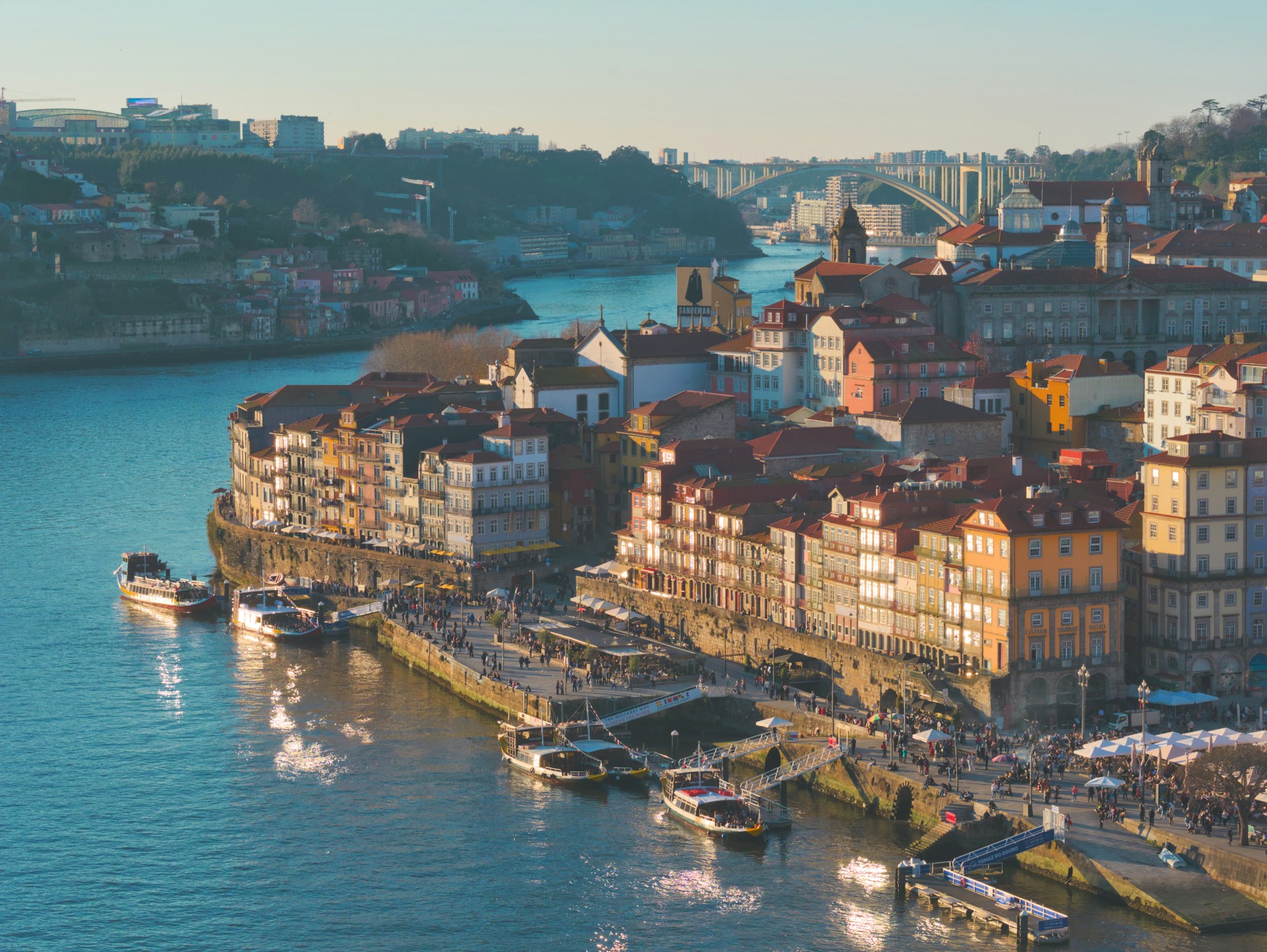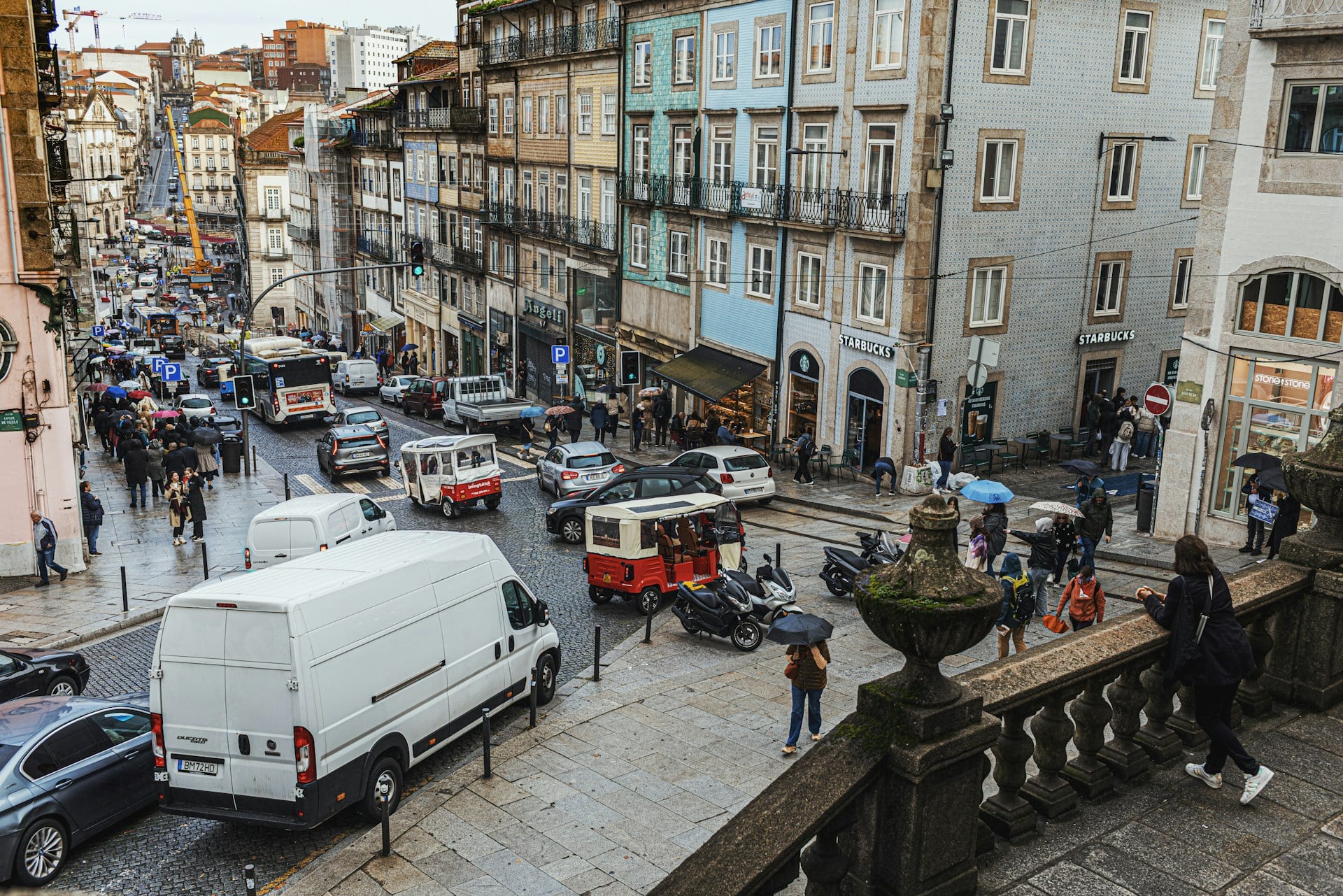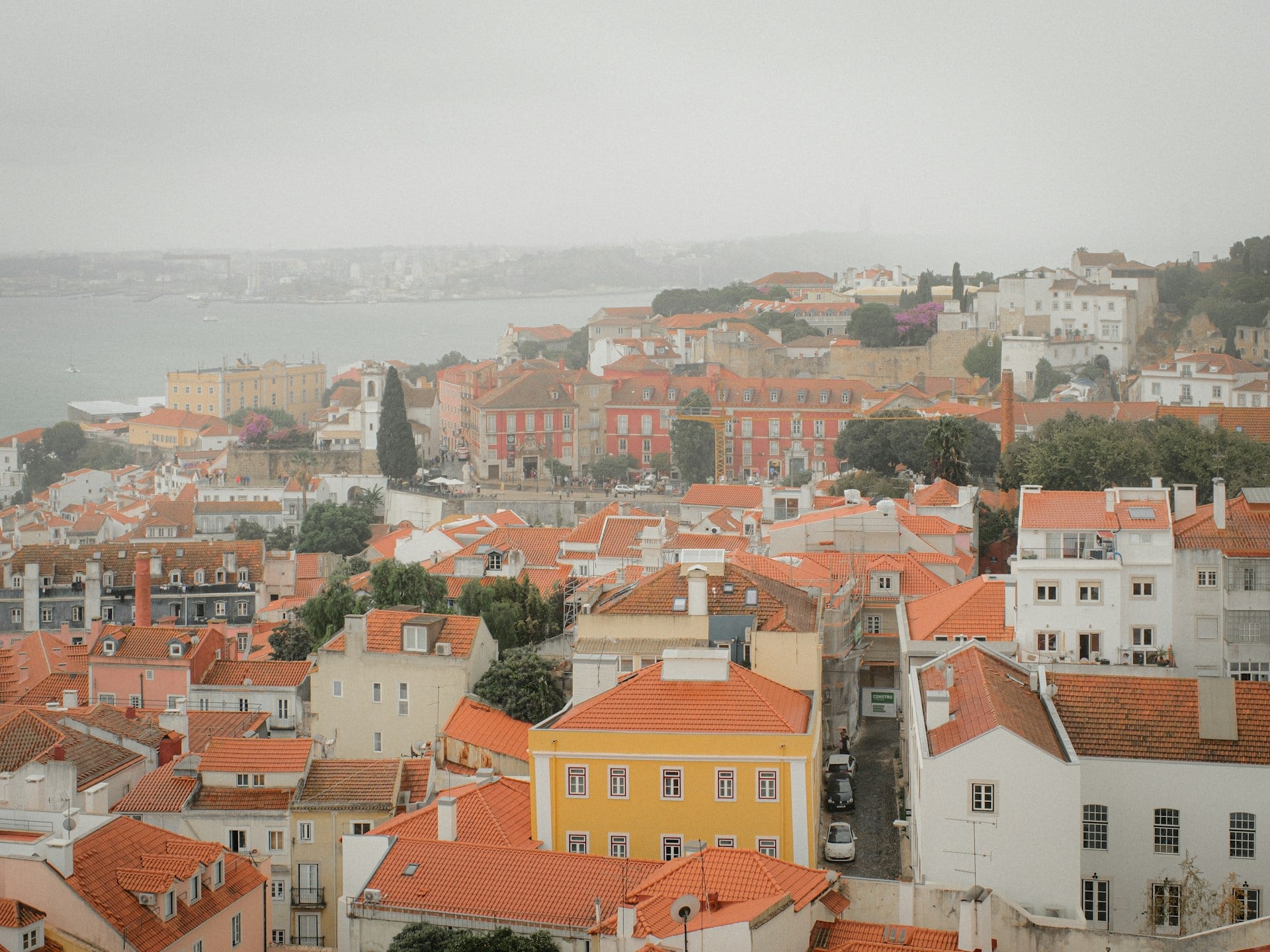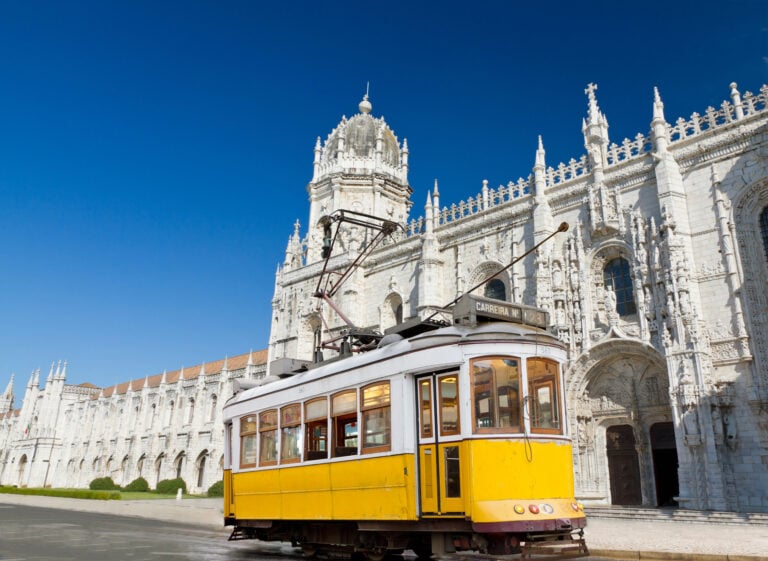Get ready for an exciting running season in Portugal in 2026 through some of the most stunning landscapes and historic cities. Runners will have the opportunity to explore the country’s diverse scenery while challenging themselves in some of the toughest races in Europe. This comprehensive guide takes you through a year of running adventures that showcase Portugal’s natural beauty, rich cultural heritage, and passionate racing community.
Seasoned marathon runners seeking a personal best, casual joggers looking to take in Portugal’s gorgeous views, or passionate travelers wanting to take on a physical challenge while exploring a new country can all find the perfect event for them in the 2026 running calendar. Here is the list of running events that have been announced so far. We will update this calendar as we get new information.
(Updated February 2026)
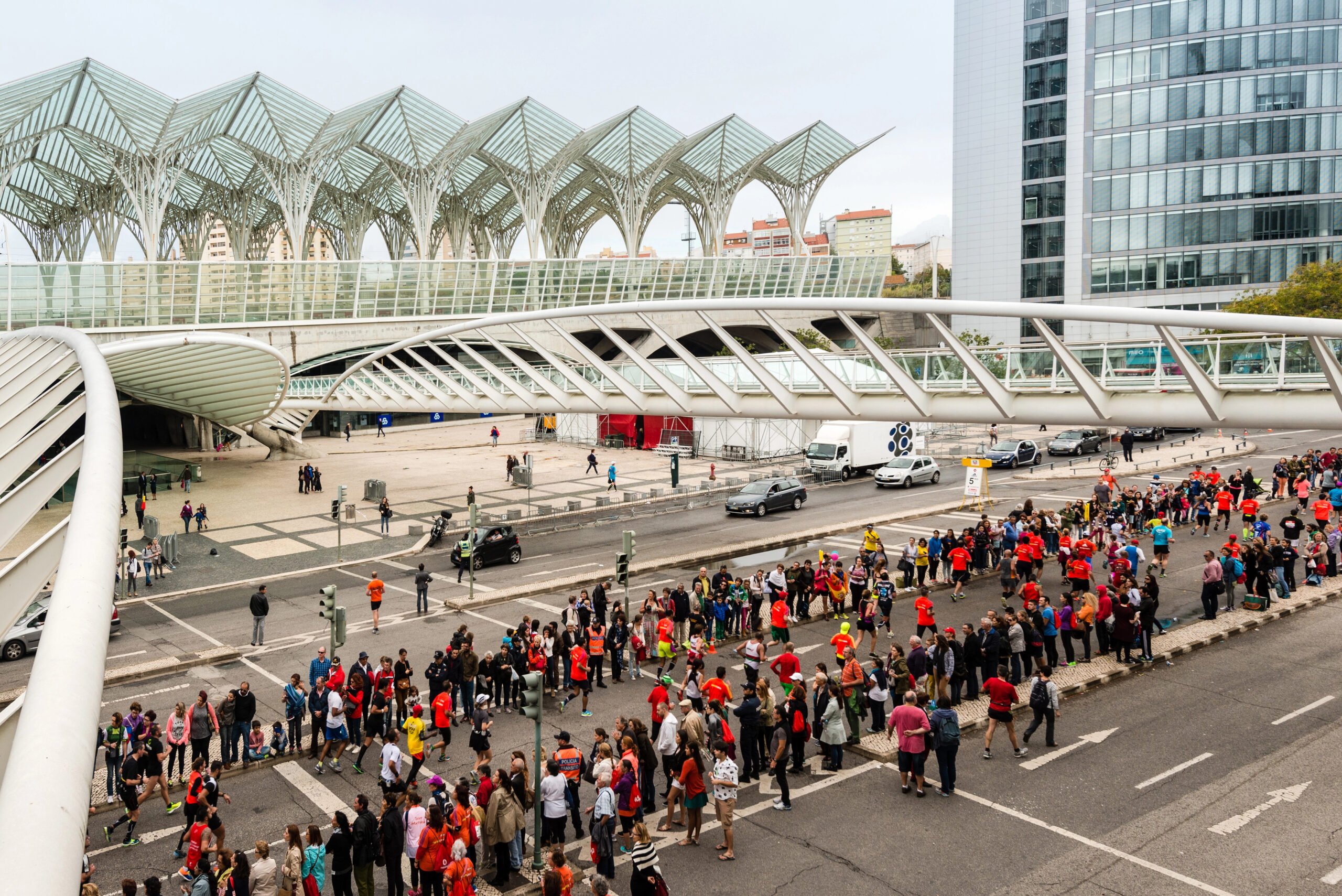
1. Corrida Fim da Europa
Location: Sintra, Portugal
Date: 1 March 2026 (Sunday) – Rescheduled from 25 January
Event Size: 1,000–4,999 participants
Distance: 17 km
A 17 km trail that defies expectations, this race through the Sintra-Cascais natural park is sure to be unforgettable. Prepare for a route that challenges even seasoned runners: beginning with 5 km of relentless climbing, featuring a grueling ascent at kilometer 10, and concluding with a 5 km descent. The ultimate reward? A finish line overlooking the ocean at Europe’s most western point. With 1,000 to 4,999 participants, this is less a race and more an epic journey.
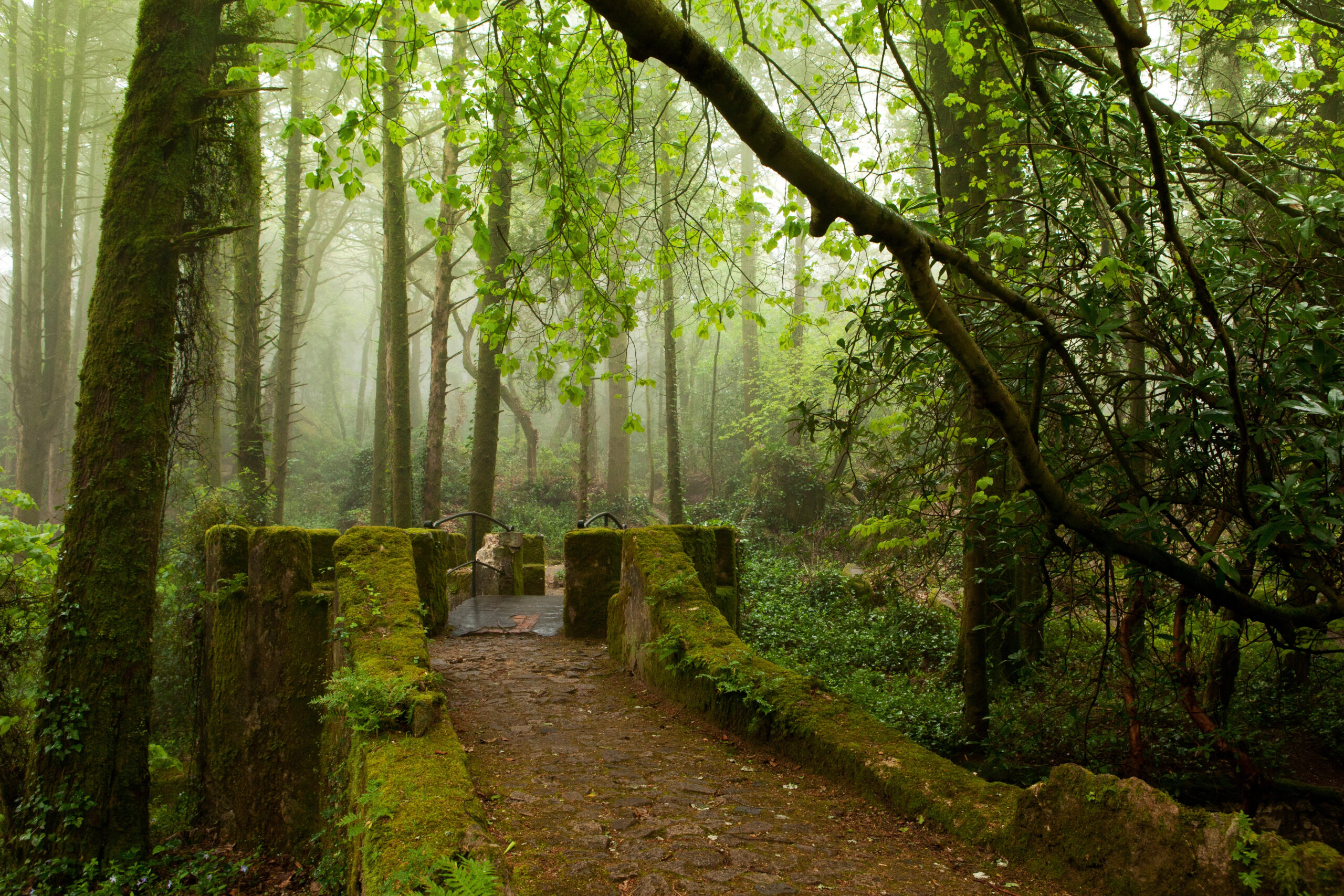
2. EDP Lisbon Half Marathon
Location: Lisbon, Portugal
Date: 8 March 2026 (Sunday)
Event Size: 10,000–24,999 participants
Distances: 7 km, 10 km, Half Marathon
Dubbed the world’s fastest half marathon, this iconic event attracts a staggering 10,000 to 24,999 participants annually. Runners will experience a truly unique route, starting on the legendary 25 de Abril Bridge and concluding at the historic Jerónimos Monastery. As part of the prestigious SuperHalfs international circuit, this race is a global celebration of athletic achievement and features 10 km and Half Marathon distances. Please note that the Hyundai 7 km event will take place on Saturday, March 7.
3. Meia Maratona de Gaia
Location: Vila Nova de Gaia, Portugal
Date: 22 March 2026 (Sunday)
Distances: Running – 10 km, Half Marathon; Walking – 5 km
The Meia Maratona de Gaia – Atlantic Run Half Marathon offers runners multiple options: a half marathon, a 10 km, and a 5 km solidarity walk supporting children with cancer. Certified by the Portuguese Athletics Federation, this event transforms Gaia, Porto, and the Atlantic coastline into a celebration you won’t soon forget! The course runs along the stunning coastline with panoramic views of the Atlantic Ocean, the Douro River, and the cities of Porto and Gaia. With bib pickup at the iconic WOW – World of Wine and live television coverage on TVI, this is a premier running experience.
4. Douro Verde Half Marathon
Location: Baião, Portugal
Date: 22 March 2026 (Sunday)
Distances: Running – Half Marathon, Relay; Walking – 10 km
Imagine a race that’s less about competition and more about communion with nature! This 21.1 km journey through Baião invites runners to explore a landscape of breathtaking natural beauty. Organized by the Ribadouro Nautical Club, EVENTSPORT, and PORTOCARGO Runners, the event offers a 10 km walking option for those seeking a more laidback option. Runners will wind through landscapes defined by Serra da Aboboreira, Serra do Marão, and the stunning rivers that wind through this hidden Portuguese paradise.
5. Meia Maratona Baía do Seixal
Location: Amora, Portugal
Date: 22 March 2026 (Sunday)
Distances: Running – 10 km, Half Marathon; Walking – 5 km
Participants can choose their challenge: the full 21.1 km Seixal Bay Half Marathon, a 10 km race, or a gentle 5 km walk/run. Set against the gorgeousf backdrop of Seixal and Amora’s bay, this event proves that every stride can be a step towards making a difference. The flat, out-and-back riverside course is officially certified by the Portuguese Athletics Federation and World Athletics, which makes it ideal for personal bests.
6. Renascença Fátima Half Marathon
Location: Fátima, Portugal
Date: 29 March 2026 (Sunday)
Distances: Running – Half Marathon, 10 km; Walking – 10 km
Run through Portugal’s most important religious site. The half marathon and 10 km race wind through Fátima’s historic streets and offer runners a chance to explore a town famous for miracles. The event includes a special “Blessing of the Shoes Ceremony” on March 28 at 4:00 PM at the Sanctuary of Fátima. The spiritual energy may give you the fuel you need to power through the Half Marathon on this fast course that is ideal for achieving personal bests.
7. Óbidos Half Marathon
Location: Óbidos, Portugal
Date: 19 April 2026 (Sunday)
Distances: Half Marathon
Ready to take on a new challenge in a medieval setting? The Óbidos Half Marathon starts and finishes in front of the municipal stadium and covers a distance of 21.095 km. This historic town, with its well-preserved castle and cobblestone streets, provides a unique backdrop for an unforgettable running experience. It’s also only one hour from Lisbon so it’s easy to get too even on race day.
8. Maratona da Europa – Aveiro
Location: Aveiro, Portugal
Date: 25-26 April 2026 (Friday-Saturday)
Distances: Running – 5 km, 10 km, Half Marathon, Full Marathon
Welcome to a running celebration that transforms the “Venice of Portugal” into a global athletic stage! Runners can choose from multiple distances: a full marathon, a half marathon, a 10 km run, and a family-friendly 5 km walk. Since 2023, this race has been considered as an official World Athletics Race complete with the Road Race Label. The flat, fast course winds through Aveiro’s iconic canals, Art Nouveau architecture, and the coastal beauty of Ílhavo and Praia da Barra. The event takes place over two days with some races on Saturday and the main marathon events on Sunday. Don’t miss the chance to experience one of the 100 best marathons in the world. It is ranked 95th in the official World Athletics rankings!
9. 24 Horas a Correr Mem Martins – Sintra
Location: Mem Martins, Portugal
Date: 9–10 May 2026 (Saturday–Sunday)
Distances: 3 hours, 6 hours, 12 hours, Full Marathon, 100 km
Welcome to an endurance challenge that redefines the limits of human potential! Hosted near Sintra by the Real Academia Sports Association, this event offers mind-bending duration challenges: 3-hour, 6-hour, 12-hour, and a full 24-hour running experience. You can even run a night marathon. Participants will circle the Parque do Algueirão, testing both their physical limits and mental resilience. If you’re looking for one of the the biggest running challenges of the year, this is it!
10. Meia Maratona do Douro Vinhateiro
Location: Peso da Régua, Portugal
Date: 24 May 2026 (Sunday)
Distances: Running – 6 km, Half Marathon; Walking – 6 km
A UNESCO World Heritage running experience that bills itself as the “most beautiful race in the world!” Choose between a half marathon and a 6 km run/walk through the Alto Douro Vinhateiro. Running events don’t get much more beautiful than this! Come and glide through Portuguese historic vineyards.
11. Hyundai Porto Half Marathon
Location: Porto, Portugal
Date: 13 September 2026 (Sunday)
Distances: 6 km, Half Marathon
Offering both a half marathon and a 6 km mini marathon, this event has attracted thousands of runners to run along Porto’s beautiful Douro River since 2007. The flat, fast route showcases Porto and Vila Nova de Gaia’s most spectacular sights, from the historic Ribeira do Porto to the iconic D. Luís Bridge.
12. Backyard Ultra
Location: Monsanto, Lisbon, Portugal
Date: 26 September 2026 (Saturday)
Distance: 6.706 km loop (as many as possible)
This event is a form of ultramarathon built around repetition and endurance rather than total distance. The format was invented by American endurance race creator Lazarus Lake.
Runners must complete a 6,706 meter loop, which is 4.167 miles, within one hour. The race takes place on a closed course, and a new lap begins exactly at the top of each hour. If a participant finishes early, the remaining minutes in that hour are used to rest before the next lap starts. Anyone who fails to complete a lap within the one hour limit is eliminated.
The race continues hour after hour until only one runner remains capable of finishing a full loop within the time limit. There is no fixed total distance. The winner is the final athlete still able to complete a lap successfully.
Are you up for this unique challenge?
13. EDP Lisbon Marathon
Location: Porto, Portugal
Date: 10-11 October 2026 (Saturday–Sunday)
Event Size: 15,000 participants
Distances: 8 km, Half Marathon, Full Marathon
The EDP Lisbon Marathon offers runners an unforgettable experience running through the heart of Lisbon and along the stunning Atlantic coastline. The full marathon starts in the coastal town of Cascais and continues along the coastal road until the finish in Lisbon. The half marathon (Luso Meia Maratona) offers a shorter distance through the city and takes place on Saturday along with the 8 km EDP Mini-Marathon. All routes showcase Lisbon’s spectacular waterfront, historic neighborhoods, and iconic monuments.
13. EDP Porto Marathon
Location: Porto, Portugal
Date: 8 November 2026 (Sunday)
Event Size: 5,000–9,999 participants
Distances: 6 km, 10 km, Full Marathon
The 22nd edition of the EDP Porto Marathon promises to be a grand event on a national and international scale. The course weaves through Porto, Matosinhos, and V. N. Gaia and offers a unique blend of seaside and riverside running that captures the magic of this UNESCO World Heritage city. The flat and fast route passes through historic neighborhoods, emblematic bridges including the Dom Luís I Bridge and Arrábida Bridge, and the famous Foz do Douro where the Atlantic meets the Douro river. The start and finish lines are located at Praia do Castelo do Queijo next to the Parque da Cidade do Porto.
As you can see from this list of running events, Portugal offers a wealth of athletic experiences sure to make memories that will last far beyond the finish line – from the religious city of Fátima to the Douro vineyards and the Atlantic-kissed shores of Cascais. Walk a 5 km, challenge yourself to your first half marathon, or run for 24 hours through Sintra run. Everything is possible in Portugal.
